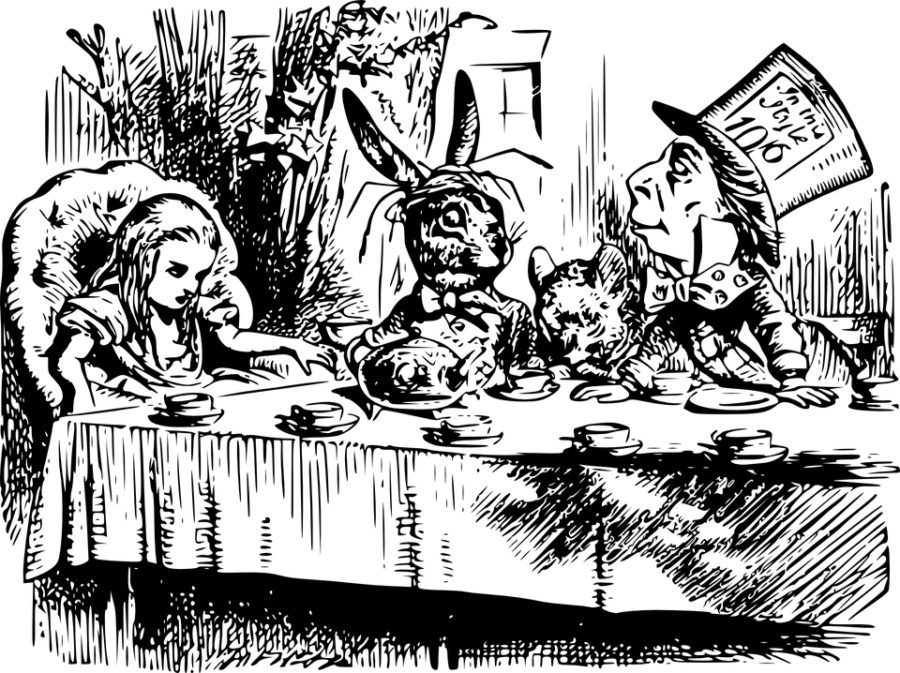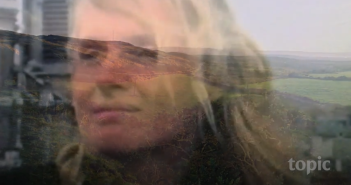In nineteenth century England, ‘erethism’, or ‘mad hatter disease’, was an occupational hazard for hat makers. The work involved repeated exposure to poisonous mercury vapours, which neurotoxically damaged their brains. Personality flipping, irritability, apathy, depression, memory loss and delirium were the price paid for the debonair upper-class tea-party, where guests relied on lavish hats and extravagant evening gowns to demonstrate grace, formality and decorum.
Appearances of sophistication and elite living were produced through the sacrifice of human spirit and mind. In many ways sharing life with a narcissist is like a Victorian tea party. It is a sham, a show, a veneer masking a pit of perverse and senseless suffering. It is a curated paragon of romantic union, an enviable promised land of relationship bliss. Happiness promised but never delivered.
The Hatter in the story of Alice in Wonderland is trapped in time, in punishment for failing to impress the queen with his song. He had tried but was not good enough, a self-esteem-shattering-back-story all too familiar to those who eventually lose their way in life. He is eccentric, critical, charming, welcoming, exclusionary and at times, a wonderful host to Alice, who quickly finds her ‘in’ by flattering him for his singing.
All ears, he draws Alice close and encourages her with a big smile to tell her story. Then suddenly he bellows, ‘Those are the things that upset me!’. He interrupts her, reprimands her, twists her words and angrily blames her for upsetting the mouse. In just a moment, his mood switches, and he is once again hospitable and engaged. He recites nonsensical prose and delivers unanswerable riddles, and when Alice repeats his own words back to him, he points at her in terror and labels her insane. On a whim, he demands that the whole party move their seats so that he can drink from a clean cup, he being the only one who deserves the privilege. Meanwhile Alice, though repeatedly promised tea, gets none.
I feel like a fool when I look back on the dynamic between my ex-boyfriend and I. Of course it wasn’t normal, of course I should have left him, of course I should have recognised what was happening. The reality is though, when you are in love with someone your brain becomes a masterful tool of self-deception, and it can take forever to see that which does not match your own model of the world.
Even now when I hear about friends meeting him at social occasions I imagine the serene, affable, friendly, popular gent that people love, and I question whether I over-dramatise it all.
It seemed worth enduring the pain of arguments three times over during the times we spent in our blissful joy, and I did not have the strength to remove myself from the nourishment of his love, when he chose to show it to me. I felt that we were so close to happiness, and he was working on himself. If we could just mend the holes as they appeared then perhaps soon there would be no more. I believed him when he told me that, because what we had was almost perfect. Almost.
I thought that my true boyfriend was loving and kind, and that the demon infiltrating his body when he ‘went dark’ had nothing to do with him. What I realised (far too late) with horror, disbelief and sadness, was that I had it the wrong way around. It was his narcissism that played the lead in his life, at least when it came to me, and though he had likable sides, his charm was mainly a means to an end.
Unless we travel through the looking glass and see for ourselves that our world is reversed, backward and upside down, it is natural to believe in the illusion of the Tea Party.
Nobody has prepared us for the madness of the truth. And the truth beckons an unwelcome question: if opening up to love can bring such pain, does seeking a partner make us all just lambs for the slaughter? How could I have protected myself from what I could not detect?
When I reflect with what I know now, I can see with a sense of dismay (and of relief) that his behaviour was not as random – or I as powerless – as it seemed. I simply did not know what I was looking for. For there were signs, a dozen signs, that this would be no ordinary adventure.




